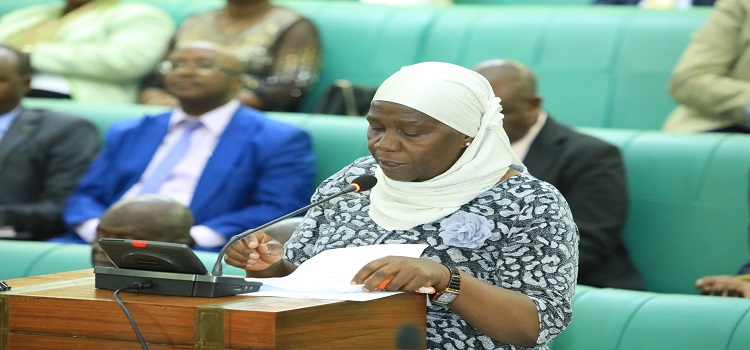Uganda and the United Kingdom are embroiled in a diplomatic row following Britain’s decision to impose sanctions on three Ugandan politicians, including Parliament Speaker Anita Among, over corruption allegations. The move has sparked a war of words between the two nations, with Kampala condemning London’s actions as unwarranted interference in its internal affairs.
The sanctions, which involve travel bans and asset freezes, have targeted Among and two other lawmakers, Karamoja Mary Kitutu and Agnes Ng’andu, who are facing charges in Uganda’s Anti-Corruption court for their alleged involvement in embezzling resources from a government-funded housing project.
Britain’s sanctions are part of its broader anti-corruption agenda, aimed at holding individuals and entities accountable for financial misconduct. With 42 individuals and entities already sanctioned under this initiative, the UK asserts that its actions are necessary to combat corruption and ensure transparency in global financial systems.
However, Uganda has vehemently rejected these accusations, denouncing the sanctions as politically motivated and designed to undermine its sovereignty. Kampala argues that the move by London is a retaliatory measure in response to Uganda’s enactment of anti-homosexuality laws, which drew criticism from Western nations, including the UK.
Amidst the escalating tensions, Uganda stands firm in its support for Parliament Speaker Among, asserting that she has not been found guilty of corruption by any domestic investigative body. Kampala views the sanctions as an attempt by London to exert undue pressure and interfere in its domestic affairs.
As the diplomatic dispute unfolds, the rift between Uganda and the UK underscores the complexities of international relations and the challenges of balancing sovereignty with international obligations. With both sides digging in their heels, the repercussions of this confrontation extend beyond bilateral relations, raising broader questions about accountability, transparency, and the role of external actors in shaping domestic policies.






